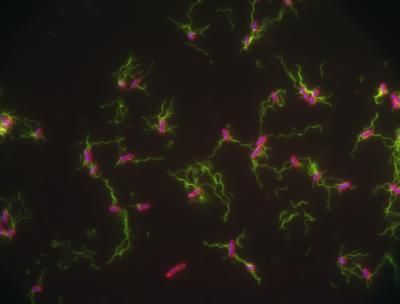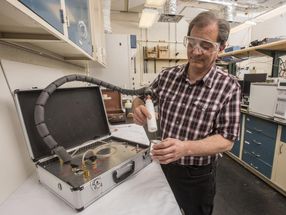UF researchers harness the power of plants to fight hemophilia
hemophilia, a disease linked with legends of European monarchs, frail heirs and one flamboyant charlatan called Rasputin, still afflicts many people today. And the very treatments that can help can also put patients’ lives at risk.
The standard treatment is infusion with an expensively produced protein that helps the blood to clot. But in some patients the immune system fights the therapy, and in a subset of those, it sets off an allergic reaction that can result in death. Now researchers at the University of Florida and the University of Central Florida have devised a way that potentially could help patients develop tolerance to the therapeutic protein before they are in need of treatment.
They genetically modified plants to encapsulate the tolerance-inducing protein within cell walls so that when ingested, it can travel unscathed through the stomach and be released into the small intestines where the immune system can act on it. The low-cost plant-based system, now being tested in mice, eventually could help improve the lives of many people who have hemophilia and dramatically reduce related health-care costs. The approach also has the potential for use with other conditions such as food allergies and autoimmune diseases.
“We’re hoping that our research will, in the future, result in better and more cost-effective therapies,” said Roland Herzog, Ph.D., an associate professor of pediatrics, molecular genetics and microbiology in the UF College of Medicine and a member of the UF Genetics Institute, who was one of the study’s leaders.
The findings were published in the Proceedings of the National Academy of Sciences.
Other news from the department science

Get the life science industry in your inbox
From now on, don't miss a thing: Our newsletter for biotechnology, pharma and life sciences brings you up to date every Tuesday and Thursday. The latest industry news, product highlights and innovations - compact and easy to understand in your inbox. Researched by us so you don't have to.


















































